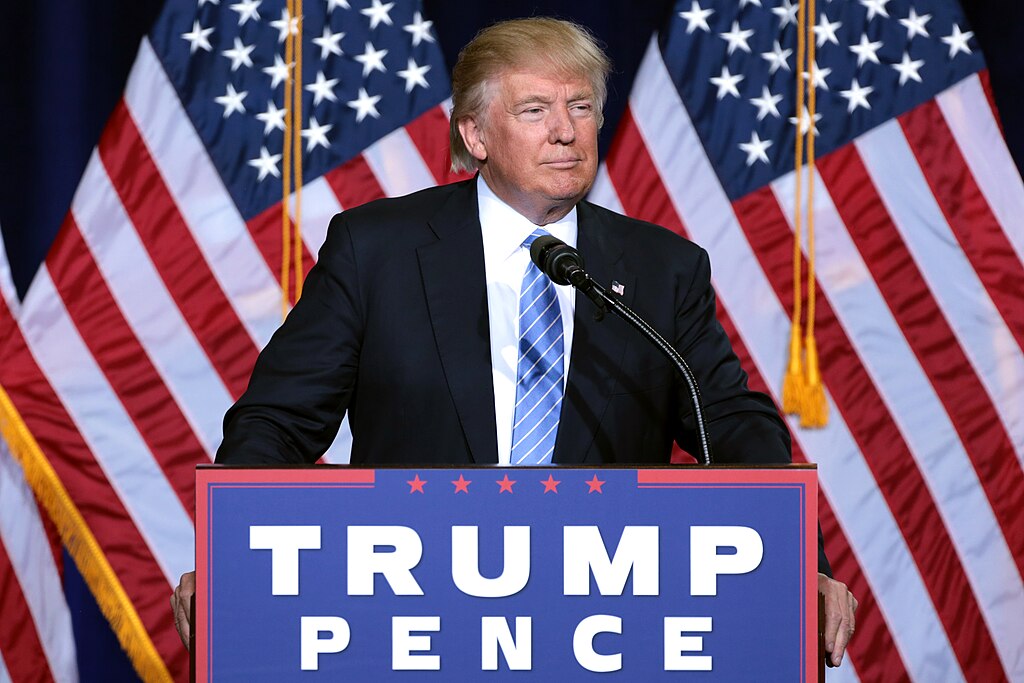Healthcare premiums in the United States have become a focal point of debate under President Donald Trump’s 2025 administration. Amid a series of policy changes aimed at reshaping the healthcare system, many Americans are grappling with rising costs and reduced access to essential services.
Under the Trump administration, the Affordable Care Act (ACA) has faced significant restructuring. Key provisions, including federal subsidies and mandates for essential health benefits, have been scaled back. Critics argue that these changes have created a ripple effect, causing premiums to soar for middle- and low-income families. Meanwhile, the administration defends the reforms, asserting that they promote competition and reduce government overreach.
Market-Based Reforms and Rising Costs
One of the administration’s major healthcare initiatives involves expanding short-term, limited-duration insurance plans. These plans, often referred to as “skinny” coverage, provide a lower-cost alternative to comprehensive insurance. However, they are not required to cover pre-existing conditions or essential health benefits, such as maternity care or mental health services. While proponents praise these plans for their affordability, detractors argue that they leave consumers vulnerable to high out-of-pocket costs in the event of illness.
Additionally, the administration has loosened regulations on health savings accounts (HSAs), allowing individuals to save more money tax-free for medical expenses. While this move has been welcomed by higher-income earners, it offers little relief to those struggling to afford skyrocketing premiums.
According to the Kaiser Family Foundation, average premiums for individual plans under the ACA marketplace have increased by 12% in 2025. The removal of cost-sharing reductions and the repeal of the individual mandate penalty are cited as contributing factors.
Impact on Families and Seniors
Families and seniors, particularly those in rural areas, are feeling the brunt of the changes. The reduced federal funding for Medicaid has forced states to make cuts to services, leaving vulnerable populations with fewer healthcare options. Seniors on fixed incomes are also seeing higher costs for prescription drugs, despite the administration’s efforts to negotiate lower prices for select medications.
A report from the Congressional Budget Office (CBO) predicts that the number of uninsured Americans could rise by 6 million by the end of 2025. Advocacy groups warn that these trends could exacerbate health disparities, especially among minority and low-income communities.
Public Reactions and Online Backlash
The policy changes have sparked outrage on social media, with many Americans voicing their concerns about rising healthcare costs:
- @HealthJusticeNow: "Families are choosing between groceries and premiums. How is this 'making healthcare great again?' #HealthcareCrisis"
- @MomsForAffordableCare: "My son’s meds went from $150 to $600. Thanks, Trump. What am I supposed to do?"
- @ElderCareAdvocate: "Seniors shouldn’t have to ration meds. These policies are a disaster. #HealthcareForAll"
- @InsuranceWatchdog: "Skinny plans are a scam. They don’t cover anything when you need it most!"
- @MiddleClassDad2025: "12% premium hike? My paycheck didn’t go up 12%! Something has to change."
- @StudentHealthMatters: "Young people are being priced out of coverage. What’s the future for us? #FixHealthcare"
Looking Ahead
The administration insists its healthcare policies are fostering innovation and reducing long-term costs. However, critics argue that the short-term impact on families is severe and unsustainable. As the debate over healthcare premiums continues, millions of Americans are left questioning the future of affordable care under the Trump administration.



 ICE Hiring Surge Raises Vetting Concerns Amid Rapid Expansion
ICE Hiring Surge Raises Vetting Concerns Amid Rapid Expansion  Iran Supreme Leader Ayatollah Ali Khamenei Killed in Israeli, U.S. Strikes: Reuters
Iran Supreme Leader Ayatollah Ali Khamenei Killed in Israeli, U.S. Strikes: Reuters  Trump Media Weighs Truth Social Spin-Off Amid $6B Fusion Energy Pivot
Trump Media Weighs Truth Social Spin-Off Amid $6B Fusion Energy Pivot  Trump Warns Iran as Gulf Conflict Disrupts Oil Markets and Global Trade
Trump Warns Iran as Gulf Conflict Disrupts Oil Markets and Global Trade  U.S.-Iran Nuclear Talks Show Progress but No Breakthrough Amid Rising Military Tensions
U.S.-Iran Nuclear Talks Show Progress but No Breakthrough Amid Rising Military Tensions  Israel Declares State of Emergency as Iran Launches Missile Attacks
Israel Declares State of Emergency as Iran Launches Missile Attacks  Israel Launches Fresh Strikes on Iran After Death of Supreme Leader Ayatollah Khamenei
Israel Launches Fresh Strikes on Iran After Death of Supreme Leader Ayatollah Khamenei  NYC Mayor Zohran Mamdani Meets President Trump to Tackle Housing Crisis and ICE Detentions
NYC Mayor Zohran Mamdani Meets President Trump to Tackle Housing Crisis and ICE Detentions  Trump Orders Federal Agencies to Halt Use of Anthropic AI Technology
Trump Orders Federal Agencies to Halt Use of Anthropic AI Technology  Federal Judge Blocks Virginia Social Media Age Verification Law Over First Amendment Concerns
Federal Judge Blocks Virginia Social Media Age Verification Law Over First Amendment Concerns  USITC to Review Impact of Revoking China’s PNTR Status, Potentially Raising Tariffs on Chinese Imports
USITC to Review Impact of Revoking China’s PNTR Status, Potentially Raising Tariffs on Chinese Imports  Philippines, U.S., and Japan Conduct Joint Naval Drills in South China Sea to Boost Maritime Security
Philippines, U.S., and Japan Conduct Joint Naval Drills in South China Sea to Boost Maritime Security  Macron Urges Emergency UN Security Council Meeting as US-Israel Strikes on Iran Escalate Middle East Tensions
Macron Urges Emergency UN Security Council Meeting as US-Israel Strikes on Iran Escalate Middle East Tensions  Venezuela Oil Exports to Reach $2 Billion Under U.S.-Led Supply Agreement
Venezuela Oil Exports to Reach $2 Billion Under U.S.-Led Supply Agreement  Trump Floats Ted Cruz for Future U.S. Supreme Court Nomination
Trump Floats Ted Cruz for Future U.S. Supreme Court Nomination  Pakistan-Afghanistan Tensions Escalate as Taliban Offer Talks After Airstrikes
Pakistan-Afghanistan Tensions Escalate as Taliban Offer Talks After Airstrikes  Trump Launches Operation Epic Fury: U.S. Strikes on Iran Mark High-Risk Shift in Middle East
Trump Launches Operation Epic Fury: U.S. Strikes on Iran Mark High-Risk Shift in Middle East 
































